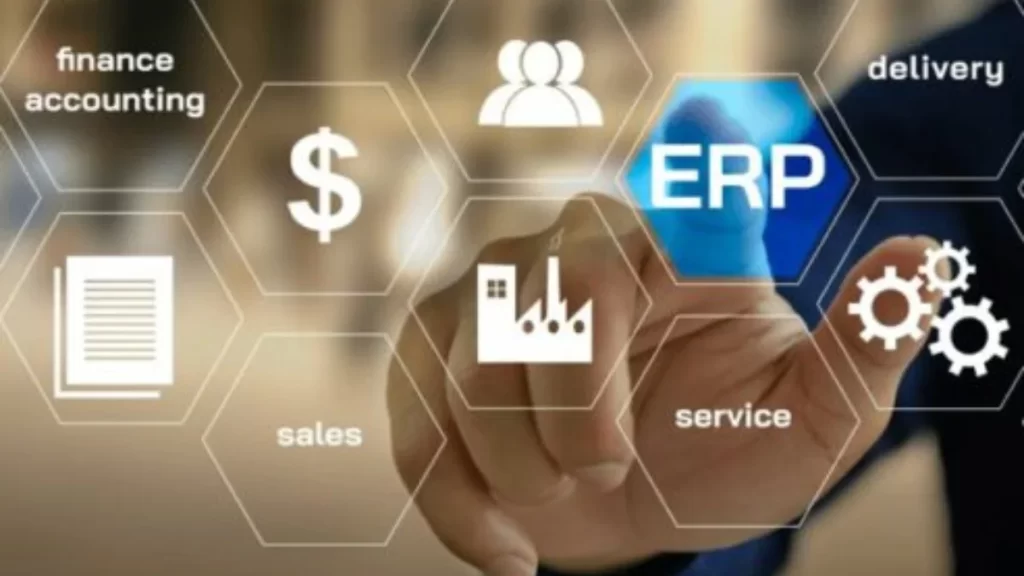In the quest for a sustainable future, businesses are increasingly turning to Green Enterprise Resource Planning (ERP) systems as a beacon of hope. These advanced systems integrate environmental management into traditional ERP functionalities, offering a holistic approach to achieving sustainable business practices. As the world grapples with the pressing issues of climate change and resource depletion, the adoption of Green ERP represents a strategic pivot towards environmental stewardship and economic prosperity.
The Evolution of ERP Systems and the Rise of Green ERP
ERP systems have revolutionized business operations by centralizing and automating various processes, from procurement to finance. However, their environmental footprint, characterized by high energy consumption and electronic waste generation, has raised concerns. Green ERP systems emerge as a solution, extending the capabilities of traditional ERP by incorporating modules that monitor and reduce environmental impacts, such as energy use and waste production.
The Environmental Impact of Traditional ERP Systems
Traditional ERP systems, especially on-premises solutions, consume significant amounts of energy, contributing to greenhouse gas emissions. The lifecycle of these systems, from manufacturing to disposal, generates electronic waste (E-waste), which poses environmental hazards. Addressing these challenges requires a multifaceted approach, including the adoption of renewable energy, energy-efficient hardware, and circular economy principles.
The Role of Green ERP in Sustainability
Green ERP systems play a pivotal role in enabling businesses to integrate sustainability into their operations:
1. Environmental Management Integration: By incorporating environmental metrics into the ERP system, businesses can monitor and manage their environmental impacts, fostering a culture of environmental responsibility.
2. Comprehensive Monitoring and Reporting: Green ERP systems provide robust tools for tracking resource utilization and emissions, aiding in regulatory compliance and enabling businesses to set and achieve sustainability goals.
Case Study: IKEA’s Journey to Green ERP
IKEA’s adoption of Green ERP exemplifies the transformative power of these systems. The implementation of IFS Applications led to a 15% reduction in IKEA’s carbon footprint and a 25% decrease in waste generation. This case study illustrates how Green ERP can drive significant environmental improvements and align business operations with sustainability goals.
Benefits of Green ERP
Implementing Green ERP systems offers numerous benefits, including cost savings through improved resource efficiency, enhanced corporate image as a sustainability leader, and regulatory compliance. These advantages position businesses for success in a sustainability-conscious market.
Overcoming Challenges in Implementing Green ERP
Despite its benefits, implementing Green ERP systems presents challenges such as high implementation costs, resistance to change, and technical difficulties. However, these obstacles can be mitigated through careful planning, effective change management, and collaboration with experienced ERP vendors.
Conclusion
Green ERP systems represent a critical tool for businesses aiming to balance economic growth with environmental stewardship. By integrating sustainability into their operations, businesses can not only reduce their environmental impact but also enhance operational efficiency, improve their corporate image, and ensure regulatory compliance. As the world moves towards a more sustainable future, the adoption of Green ERP systems stands as a beacon of hope, guiding businesses towards a brighter, greener tomorrow.
